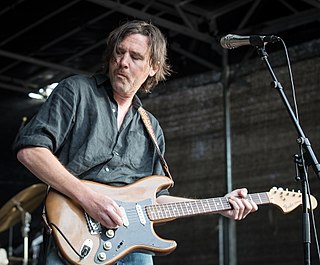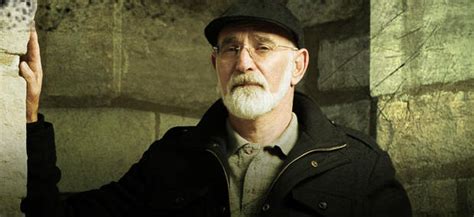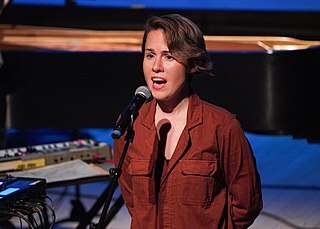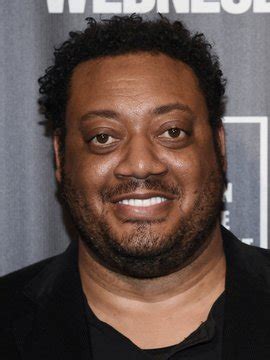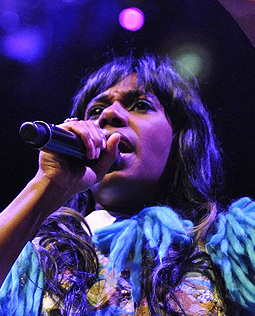A Quote by Shruti Haasan
When I work with different musicians, I draw a lot of things from them, and that has really expanded my musical thinking.
Related Quotes
There's something I have about being Canadian - there's a distance it gives you when you live in the States and operate in American culture. You approach familiar things a different way; you come at it from a different angle. It's a trait that runs through a lot Canadian artists' work and actors' work and musicians' - that kind of special remove.
I'm connected with a lot of different paranormal groups out there worldwide, a lot of different spiritual people. My networking over the course of the past 40 years has really grown where I deal with quite a bit. There's a lot of work that I do behind-the-scenes that I just don't ever talk about or things that don't always come to the forefront as far as investigating and getting involved with spiritual people, meaning any type of clergy, because I do work with a lot of them behind-the-scenes.
There's a bit of a new guard of contemporary classical musicians in New York, and we play a lot of different kinds of music together. We do pop studio sessions, and we'll also play John Cage and more avant-garde work. We're developing a language of music that comes with a lot of different styles, different kinds of work.

